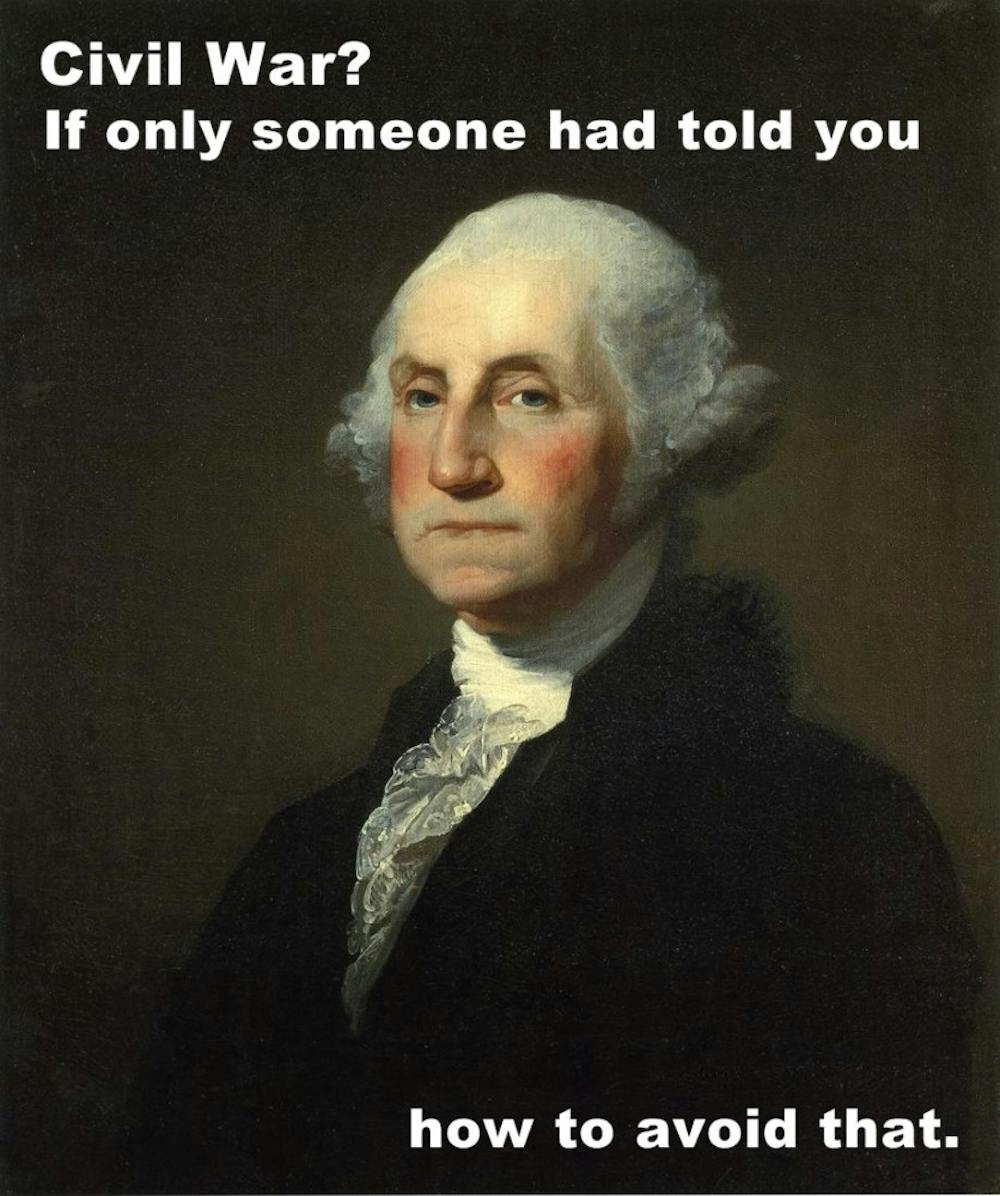A Rant About The Difference In What People Think Historians Do And What We Really Do By Tom Black
There are a few common misconceptions about historians. The first one is that historians are walking encyclopedias. When I am walking down the street, I am expected to know the exact date in which the Civil War started and when I say “Oh I don’t know somewhere in 1861” people say, “You are such a bad historian.” In the past it was more important for historians to know these sort of facts, but with the powerful tool of Google and the Internet we do not need to be able to recite facts.
Historians actually critically think, analyze, argue, and interpret the past. As a historian, we will convince you that our view is relevant and important. We do this in many different ways, the most popular being books and dissertations that nobody wants to read. Documentaries, museums, and historic sites are the more popular options. You may think that as historians we find our place in a university and write books for the rest of our life or teach at the grade school level. Well, some may do that, but many do not. Many historians work in a range of different careers including: business, the stock exchange, museums, fortune 500 companies, state departments, the CIA, the FBI, law firms, even the president of the United States.
Below, Holly will give her analysis about how we straight-up ignored George Washington’s advice. What Holly is doing in this post is historical analysis and both of us are practicing what is called public history. We are taking the academic history and giving it to you guys — the public.
As our country and humanity continue forward, critical thinking skills are essential. Historians are experts in critical thinking and the job market for us continues to expand.
A Rant About How We Basically Ignored Our Favorite Founding Father
By Holly Solis
Last week was the anniversary of George Washington's Farewell Address. It was a letter to the American people to advise them about how the US should act in order to keep the brand new nation united after his retirement.
What did we do? We decided to ignore basically every single thing in that letter. Everything.
Let's see what went wrong by reviewing the play-by-play:
What he said: "The name of American, which belongs to you in your national capacity, must always exalt the just pride of  patriotism more than any appellation derived from local discriminations"
patriotism more than any appellation derived from local discriminations"
How we ignored it: Here, he's telling us that we need to see ourselves as American first before any other title (Californian, Phoenician, etc.). We're looking at you, South. Your blatant preference for states' rights over everything else led to the succession of your entire belt from the United States, plunging the nation into war. Hooray. What he said: "The alternate domination of one faction [party] over another, sharpened by the spirit of revenge, natural to party dissension, is itself a frightful despotism." How we ignored him: We decided it would be a great idea to split into two political parties and let these parties define our ideas in politics. Now we've got two groups of people who talk through each other with no room for discussion and ignore any other type of political party out there.
What he said would happen if we ignored him: "[Political parties] become potent engines by which cunning, ambitious, and unprincipled men will be enabled to subvert the power of the people and to usurp for themselves the reins of the government..." What's the moral of the story? If you're willing to give someone Presidential power without an election for 2 terms, listen to what he has to say when he gives you advice on how to run the country.
Have any historical questions about our freedom? Drop us a line at sparkysquill@gmail.com or find us on twitter @sparkysquill.





